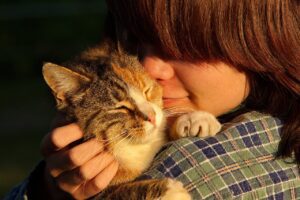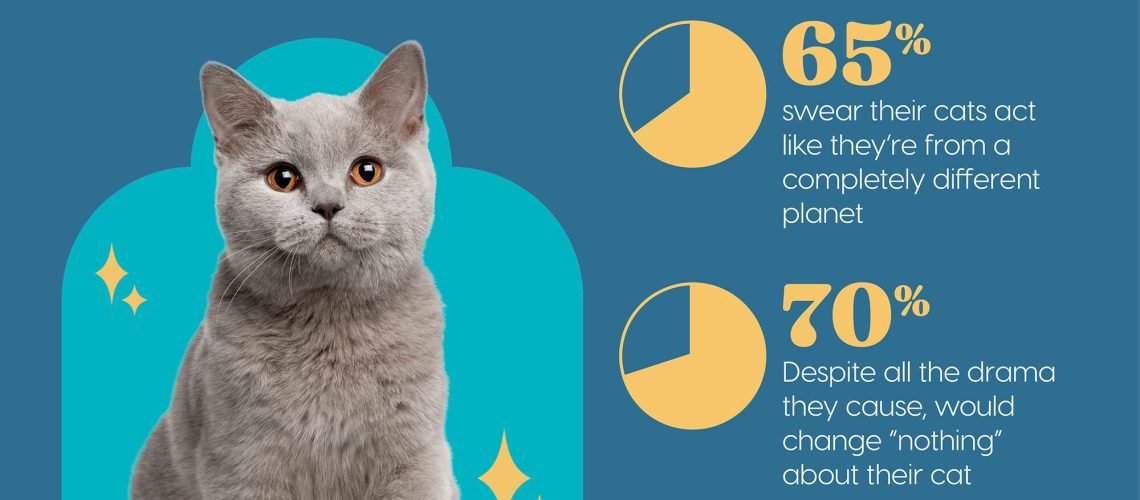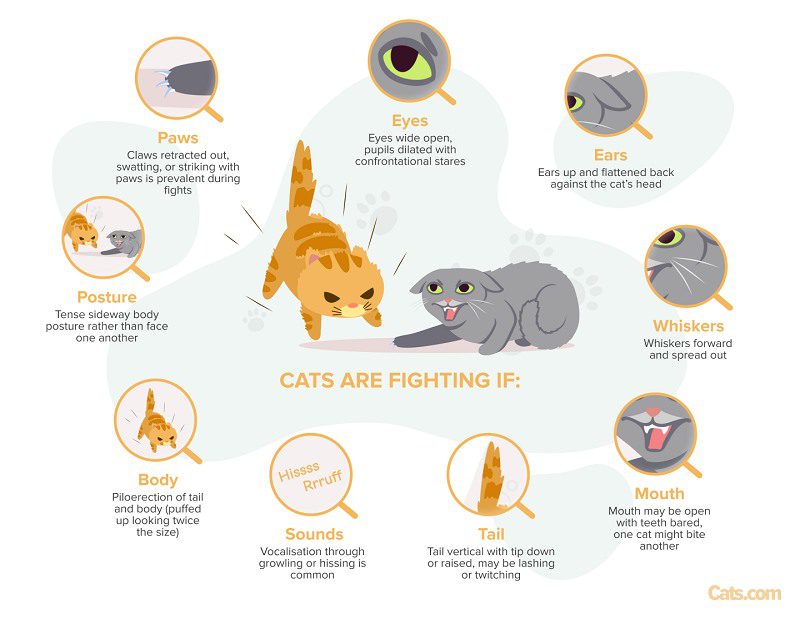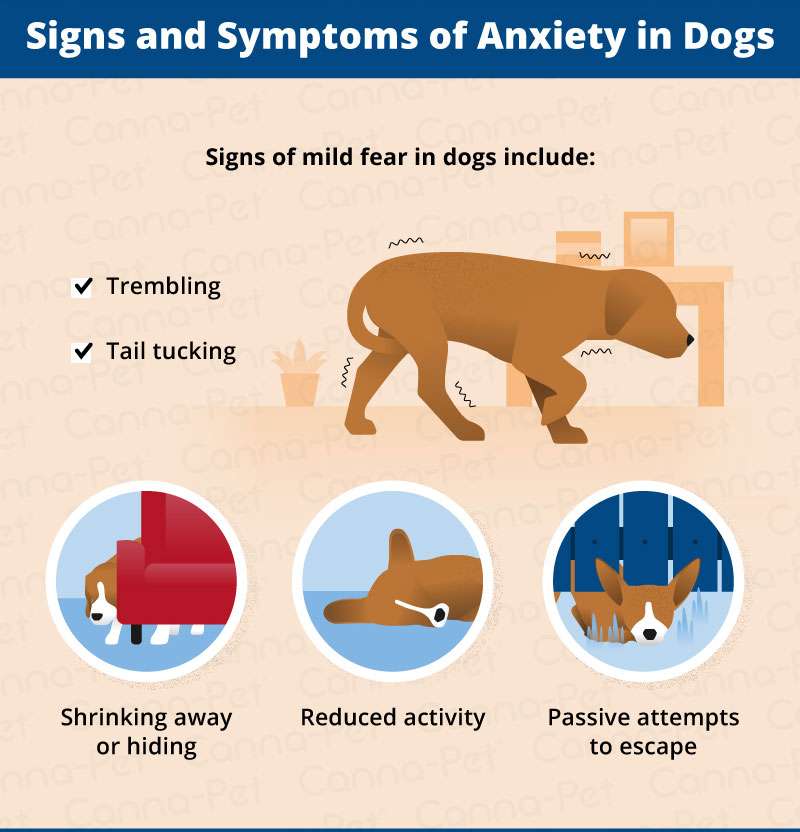Discover how genetics play a role in your cat's personality traits. Find out how early experiences shape their behavior.
Key Takeaways:
- Cats' personalities are influenced by a combination of genetics and early experiences.
- Understanding your cat's personality can help you provide the right environment and care for them.
- Some cats may be more social and outgoing, while others may be more independent and reserved.
- Personality traits in cats can vary widely, just like in humans.
- Observing your cat's behavior and interactions can give you insights into their unique personality.
The Role of Genetics in Influencing Your Cat's Personality Traits
Just like humans, cats inherit certain traits from their parents through genetics. These traits can include physical characteristics, such as fur color and eye shape, but they can also influence a cat's personality. Genetic factors can contribute to whether a cat is more outgoing or shy, independent or needy, and even playful or laid-back.
One example of a genetic influence on personality is the "friendly gene" in cats. Some studies have found that certain genes are associated with cats being more sociable and affectionate towards humans. These cats may seek out human interaction and enjoy being petted and cuddled. On the other hand, there may be genes that make some cats more aloof or independent, preferring to keep their distance from humans.
It's important to note that genetics are just one piece of the puzzle when it comes to a cat's personality. While genetics can lay the foundation for certain traits, other factors such as early experiences and socialization also play a significant role in shaping a cat's behavior.
How Early Experiences Impact Your Cat's Personality
The early experiences a kitten has during its first few weeks and months of life can have a lasting impact on its personality. Kittens who receive plenty of positive interactions with humans during this critical period are more likely to grow up to be friendly and sociable cats.
Early experiences also help kittens develop important skills and behaviors. For example, kittens who have opportunities to play with toys and interact with other kittens learn important social skills and how to communicate effectively with other cats. They also learn what is acceptable behavior through positive reinforcement from their mother or caregivers.
If a kitten has negative experiences during this time, such as being separated from its mother too early or not receiving enough socialization, it may develop behavior problems or be more fearful and skittish. It's important to provide kittens with a safe and nurturing environment during this critical period to help shape their personalities in a positive way.
How Early Experiences Impact Your Cat's Personality
Early experiences play a crucial role in shaping a cat's personality. During the first few weeks of life, kittens are highly impressionable and their interactions with their mother and littermates can have a lasting impact on their behavior. For example, kittens that receive plenty of positive socialization during this period are more likely to grow up to be confident and well-adjusted cats.
The Role of Socialization
Socialization is particularly important during the sensitive period between 2-7 weeks of age. This is when kittens learn how to interact with other cats and humans, as well as how to handle different situations. Kittens that are not properly socialized during this time may develop fear or aggression towards people or other animals.
The Importance of Socialization in Shaping Your Cat's Personality
Socialization is a critical aspect of shaping your cat's personality. It involves exposing your cat to various people, animals, environments, and experiences in a positive and controlled manner. By doing so, you can help your cat develop confidence, adaptability, and good social skills.
Methods for Socializing Your Cat
Some effective methods for socializing your cat include gradual introductions to new people and animals, providing positive reinforcement through treats or praise when they display desired behaviors, and exposing them to different environments such as car rides or outdoor walks (with appropriate safety measures). It is important to start socializing your cat from an early age but remember that older cats can also benefit from socialization efforts.
Environmental Factors and Their Impact on Your Cat's Behavior and Temperament
The environment in which a cat grows up can significantly influence its behavior and temperament. Factors such as the presence of other pets, the availability of resources like food and water, and the level of stimulation in the environment can all play a role in shaping a cat's personality.
The Role of Enrichment
Providing an enriched environment is essential for promoting positive behaviors and preventing behavioral issues in cats. This can include providing scratching posts, interactive toys, perches, and hiding spots to fulfill their natural instincts. Additionally, ensuring that your cat has access to regular playtime and mental stimulation through activities like puzzle toys or clicker training can help keep them engaged.

Breeds and Their Known Personality Traits: Examples to Explore
While every cat is unique, certain breeds are known to have specific personality traits. Understanding these breed tendencies can help you choose a cat that aligns with your lifestyle and preferences.
Examples of Breed Personalities
- Maine Coon: Known for their friendly and sociable nature, Maine Coons are often described as gentle giants.
- Siamese: Siamese cats are known for being vocal, affectionate, and highly intelligent.
- Persian: Persians tend to be calm and laid-back cats that enjoy a quiet environment.
Do Cats' Personalities Change as They Grow Older? Exploring the Possibilities
Cats' personalities can evolve over time due to various factors such as age, experiences, or changes in their environment. While some core traits may remain consistent throughout their lives, it is not uncommon for cats to exhibit different behaviors or preferences as they mature.
The Impact of Aging on Personality
As cats age, they may become more sedentary and less interested in play. They may also develop certain health conditions that can affect their behavior or temperament. However, with proper care and attention, older cats can still lead fulfilling lives and maintain their unique personalities.
The Link Between a Cat's Health and their Personality or Behavior: Examples to Consider
A cat's health can have a significant impact on its personality and behavior. Physical discomfort or underlying medical conditions can cause changes in a cat's mood, energy levels, and overall demeanor.
Examples of Health-Related Behavior Changes
- Pain: Cats in pain may become irritable, aggressive, or withdraw from social interactions.
- Thyroid Issues: Hyperthyroidism can lead to increased restlessness, excessive vocalization, and weight loss.
- Anxiety: Cats with anxiety disorders may display excessive grooming, hiding behaviors, or aggression towards other animals or humans.
Nurturing and Shaping Your Cat's Personality: Tips for Pet Owners
As a pet owner, there are several ways you can nurture and shape your cat's personality to ensure they grow up to be happy and well-adjusted companions.
Tips for Nurturing Your Cat's Personality
- Provide plenty of positive socialization experiences from an early age.
- Create an enriched environment with toys, scratching posts, and interactive activities.
- Establish a consistent routine for feeding, playtime, and sleep to promote stability.
- Offer mental stimulation through puzzle toys or training exercises.
- Provide a safe and comfortable space for your cat to retreat to when they need alone time.
How would you describe your cat personality?
Research on cat owners' responses indicates that there are five consistent factors that describe the personality of domestic cats: neuroticism, extraversion, dominance, impulsiveness, and agreeableness. These factors have been named the Feline Five.
What are the 5 types of cat personality?
The research team categorized the cats into five groups based on their traits: neuroticism, extraversion, dominance, impulsivity, and tolerance. Each cat possesses all of these traits, but to varying degrees.
How do I find the right cat personality?
When you are considering adopting a cat, pay attention to their behavior and how they interact with you and other cats. Take note of whether they are shy, bold, playful, timid, energetic, or calm. Different personalities may be more appealing to you, which can assist in your decision-making process.
What your cat's Colour says about its personality?
According to a study, gray cats were found to have the highest levels of shyness, aloofness, and intolerance. On the other hand, orange cats were found to be the most trainable, friendly, and calm. Tabbies were rated highest for being bold and active, tricolor cats for being stubborn, and bicolor cats for being tolerant.
What are the 7 personality traits of cats?
The characteristics and behaviors of cats can be categorized into seven traits: fearfulness, activity/playfulness, aggression towards humans, sociability towards humans, sociability towards other cats, excessive grooming, and litterbox issues. Different cat breeds exhibit variations in all of these traits, and the questionnaire used to assess them was proven to be reliable and accurate.
What cat has the nicest personality?
The Sphynx cat breed is known for its friendly personality and unique appearance. These hairless cats have outgoing and sociable personalities, often engaging in conversation with their owners. They are considered one of the most extroverted cat breeds and are friendly towards both their family and strangers.

















